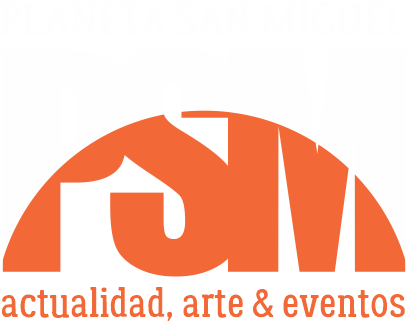Dr. Santiago Casal Alonso (Cardiólogo Clínico // Clinical Cardiologist)
Chances are you know someone being treated for high blood pressure—maybe a parent, a friend, or a neighbor. You may have even encouraged them to see a doctor or keep an eye on their readings. But have you ever had your own blood pressure checked? And if you’ve already been diagnosed, do you actually know the numbers you should be aiming for?
High blood pressure (hypertension) is a serious public health concern for several reasons:
· It’s common: About 3 in 10 adults live with it.
· It’s often undiagnosed: Nearly half of those affected don’t even know it.
· It’s poorly managed: Only about a third of those receiving treatment have it under control.
But if you feel fine, why worry? Many people assume that without symptoms—like headaches or ringing in the ears—they’re in the clear. The truth is, only 1 in 10 people with high blood pressure ever show symptoms. Most are diagnosed during a routine checkup—or after a serious health scare. That’s why regular monitoring is so important. Even without warning signs, early detection can save lives.

Uncontrolled hypertension can lead to serious complications. According to the World Health Organization, it plays a direct role in roughly 7% of deaths worldwide. It’s a major contributor to:
· Heart attacks
· Stroke (due to bleeding or blood clots)
· Kidney failure
· Vision loss
· Heart failure
The good news? Hypertension is preventable. You can lower your risk by:
· Reducing salt in your diet
· Maintaining a healthy weight
· Getting at least 30 minutes of aerobic exercise most days
· Eating a balanced diet
· Avoiding tobacco and limiting alcohol
High blood pressure is a silent enemy—but it’s one you can fight. Get checked and stay ahead of it.











